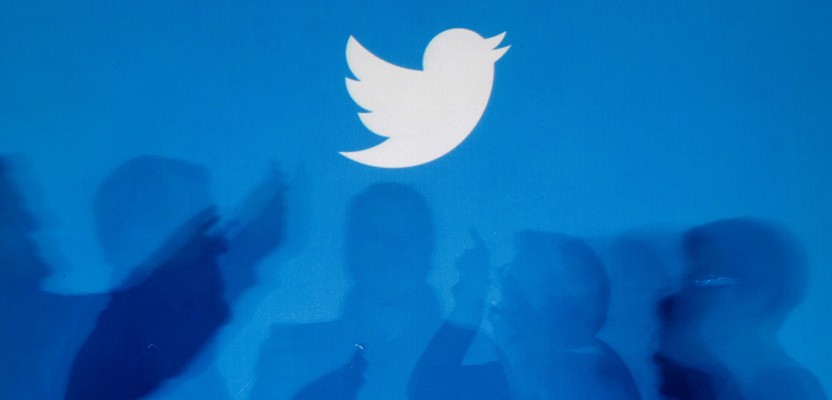Whenever financial commentators comment on the fiscal possibilities of social media, the focus falls of Facebook. Understandable, I suppose. A fifth of the world's population has an account and the whole platform seems permanently balanced between earning a glittering fortune for investors, and collapsing in a repeat of the bursting dot com bubble. But what of Twitter?
The last time I paid attention to Twitter's monetary state of affairs, I learned the site had yet to turn a profit and their advertising model remained largely unproven. Has anything improved? Let's take a look.
Twitter now boasts an average of 288 million monthly active users (or at least it did in the final quarter of 2014), which is a massive increase of 20% on the same period in 2013. Which seems impressive, but ignores another crucial statistic. Between the third and fourth quarter of 2014, the network only put on four million users. To we mere mortals, that sounds like an awful lot of people, but in social media terms, it's only a 1% increase - which isn't good. In fact, somehow Twitter lost four million users in this period, thanks to the integration with IOS 8 and an associated bug. Very careless, and presumably a one-off blip. Especially when anticipated growth for 2015 is hoped to be in the region of 15 million new users per quarter, with a target user base of 300 million by the start of March 2015.
"Twitter is still posting a loss, to the tune of $577.8million."
Right now, investors love Twitter. Not because they follow some wittily amusing accounts, but because the business model is beginning to come right and the money is starting to flow. Of course, it costs nothing to use Twitter, so when we talk about revenues, we're talking about advertising (and a small sideline in data sales). The platform's income is up 97% year-on-year. Or a total of $479million in cold hard cash. Surely there's a profit in there somewhere, right?
Funnily enough, there isn't. Twitter is still posting a loss, to the tune of $577.8million across 2014. So, you may ask why investors are so impressed when half a billion dollars went down the pan last year. Welcome to the heady world of social media financing. As with Facebook, Twitter investors are piling their cash into calculated potential. They'll tolerate a loss, as long as the user-base is growing significantly, and the revenue is improving. The way they see it, as long as the trajectory is sufficiently vertical, big profits will show up in time. They're probably right, but that sort of speculation takes a stronger stomach than mine.
So, where does Twitter go now? Clearly, however it progresses, the decisions will be taken in the interests of those all-important numbers. Perhaps that's why it has taken so long for CEO Dick Costolo to admit the network is terrible at tackling abusive users and 'trolls'. This is no secret to anyone familiar with Twitter. Whenever some poor soul has been lambasted or threatened on the service, they've reported the lamentable reaction of Twitter itself. So it's refreshing to see the big man acknowledge those failings. It's just a shame there is still a lack of any firm action to mitigate the problem. Plans for Twitter video editing facilities and instant timelines are all very well, but if your users don't feel safe when using your service, then those longed-for profits will move further away. If Twitter wishes to move into the black in 2015/16, then anti-trolling must be its priority.
Magnus Shaw is a blogger and copywriter.






